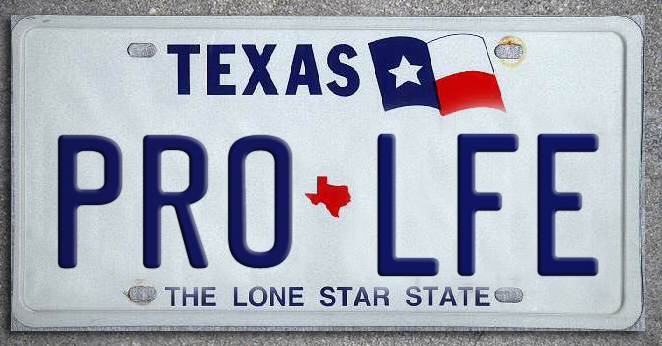Abortionists are leaving Texas, fearing the consequences of aborting unborn babies under the new heartbeat law.
The Guardian reports the Whole Woman’s Health abortion chain in Texas lost nine of its 17 abortionists on Sept. 1 when the pro-life law went into effect.
Amy Hagstrom Miller, founder and CEO of the abortion chain, said most of their abortion practitioners come from out of state, and they stopped traveling to Texas to avoid the “threat” of being sued under the new law.
The Texas heartbeat law prohibits abortions once an unborn baby’s heartbeat is detectable, about six weeks of pregnancy. As a result, almost all abortions have stopped in the state. Some abortion facilities are still aborting unborn babies up to six weeks of pregnancy, but others have stopped abortions completely.
Unique from other states, the Texas law includes a private enforcement mechanism that allows people to file lawsuits against abortionists who violate the law and pro-abortion groups and individuals who help them.
Follow LifeNews on the MeWe social media network for the latest pro-life news free from Facebook’s censorship!
Hagstrom Miller said the legal risks are too great for many of the abortionists who work for her. She said the hassle and expense of being sued and the requirement by many medical licensing boards to disclose lawsuits filed against doctors are major deterrents.
Marc Hearron, senior counsel at the Center for Reproductive Rights, agreed, telling the news outlet that no one wants to get sued.
“Even if abortion providers win in every single case brought against them, that burden of having to have a lawyer to defend yourself, traveling all over the state to do so – that alone threatens to shut down abortion providers,” he said. The Center for Reproductive Rights is one of the pro-abortion groups challenging the heartbeat law in court.
Here’s more from the report:
Half of the clinic network’s providers have left since SB8 went into effect. Just one of them has agreed to stay on with no questions asked. Hagstrom Miller says the remainder have agreed to stay on, but only with modifications to their schedules and if legal counsel is pre-emptively secured. The rest have said they no longer feel they are able to continue safely providing this care in Texas. Several clinic managers at Whole Woman’s Health clinics have also resigned out of fear of facing future litigation.
Whole Woman’s Health and Planned Parenthood are two of the biggest abortion providers in the state. A spokesperson from Planned Parenthood said that none of the providers working at their clinics had left as a result of SB8.
Pro-abortion groups like the Texas Equal Access (Tea) Fund and Lilith Fund, which provide money and help arrange logistical details for women seeking abortions, also fear being sued under the new law.
“They have been talking about us like we are criminals,” Denise Rodriguez, communications manager for Tea, told The Guardian. “They have been treating us like we are criminals. SB8 just means they will now be able to do more to us. We have not been sued yet, but we will cross that bridge when we get to it.”
She and a spokesperson for the Lilith Fund both mentioned a huge drop in calls since the heartbeat law took effect – strong evidence that the law is saving babies and mothers from the pain and death of abortion.
The work of these pro-abortion groups is not to help women but to kill unborn babies in elective, unnecessary abortions. In 2020, about 54,000 unborn babies were aborted in Texas, and about 85 percent happened after six weeks of pregnancy, according to state health statistics.
Right now, pro-life leaders in the state estimate as many as 100 babies are being saved from abortion every day by the heartbeat law.
Meanwhile, pro-life advocates are reaching out to pregnant women across Texas with compassion and understanding, offering resources and emotional support to help them and their babies. Earlier this year, state lawmakers increased support for pregnant and parenting mothers and babies, ensuring that they have resources to choose life for their babies.
If the law will remain in effect or ultimately be blocked remains to be seen, but pro-life advocates are hopeful now that the U.S. Supreme Court has a conservative majority.








